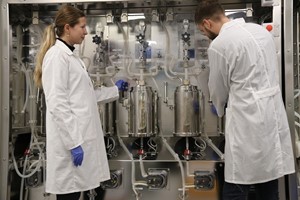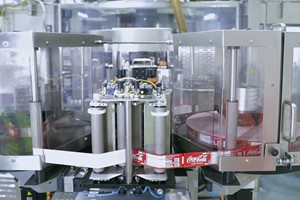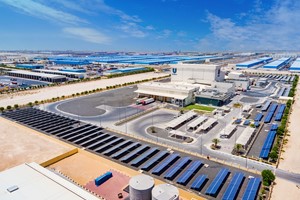The intricate relationship between climate change and the food industry has given rise to a complex web of challenges and opportunities. As our planet faces unprecedented changes in weather patterns, rising temperatures, and extreme weather events, the impact on food production is profound. Simultaneously, the food industry's practices contribute significantly to climate change, creating a cyclical challenge that demands innovative solutions. In this article, we delve into the far-reaching effects of climate change on food production and explore how the food industry can contribute to, and benefit from, sustainable practices.
Climate Change's Impact on Food Production:
-
Yield Fluctuations: Changing weather patterns disrupt agricultural productivity, leading to both increased and decreased yields. While some regions benefit from longer growing seasons, others grapple with devastating droughts, floods, and pest outbreaks, resulting in heightened food insecurity.
-
Water Scarcity: Intensified by climate change, water scarcity poses a threat to crop production, particularly in arid regions already facing water shortages. Pressure on irrigation systems further compounds the challenge, requiring adaptive strategies.
-
Soil Degradation: Erosion, increased salinity, and loss of organic matter due to extreme weather events contribute to soil degradation, diminishing its fertility. This poses a long-term threat to the ability of soils to support healthy crops.
-
Nutrient Loss: Elevated atmospheric CO2 levels can lead to reduced nutritional value in crops, potentially exacerbating issues of malnutrition, particularly in vulnerable populations.
Food Industry's Contribution to Climate Change:
-
Agriculture Emissions: Agriculture and land use change contribute approximately 24% of global greenhouse gas emissions. Livestock production, deforestation for agricultural expansion, and emissions from agricultural practices are significant contributors.
-
Food Waste: One-third of all food produced globally is wasted, accounting for 8% of greenhouse gas emissions. Addressing food waste is a critical step for both climate and food security.
-
Industrial Practices: Energy-intensive processes in food production, transportation, and refrigeration contribute to greenhouse gas emissions. Transitioning to renewable energy sources and optimizing efficiency are essential for reducing the industry's carbon footprint.
Solutions and Opportunities:
-
Adopting Climate-Smart Agriculture: Implementing practices such as cover cropping, crop rotation, and improved water management can enhance soil fertility, reduce emissions, and build resilience to climate impacts.
-
Shifting to Plant-Based Protein Alternatives: Promoting sustainable plant-based alternatives can significantly reduce the carbon footprint associated with animal agriculture, addressing emissions from methane and deforestation.
-
Reducing Food Waste: Implementing measures like improved food storage, supply chain optimization, and consumer education can drastically decrease food waste and its associated environmental impact.
-
Investing in Innovation: Technological solutions such as precision agriculture, vertical farming, and advanced food processing contribute to resource efficiency and climate-friendly food production.
The intersection of climate change and the food industry presents a formidable challenge, but it also offers an opportunity for transformative action. By adopting sustainable practices, promoting plant-based options, reducing food waste, and investing in innovation, we can build a more resilient and sustainable food system for the future. The urgency of addressing this nexus cannot be overstated, as the choices we make today will shape the future of our planet and the food we put on our tables.














